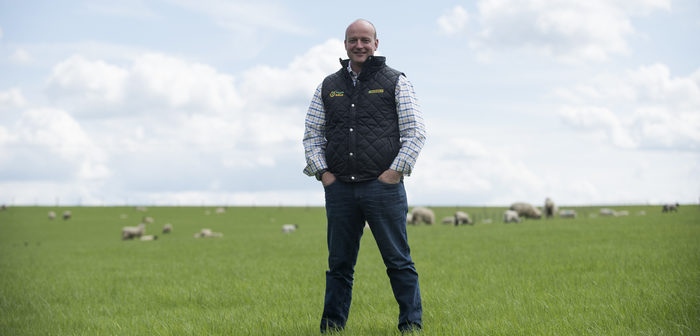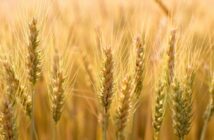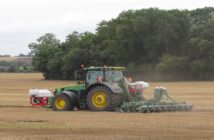There’s room in every farming system for a herbal ley, says grass and sustainability experts Barenbrug UK, announcing its sponsorship of Groundswell, the regenerative agriculture show and conference to be held in Hertfordshire on 23-34th June.
A long-established practice of organic systems, the herbal ley – a complex seed mixture of grass, legumes and herbs – is now becoming increasingly popular in conventional circles, says agronomist and grass expert for Barenbrug UK, Roger Bacon.
“Whether you’re growing crops, producing milk, or fattening lambs and cattle, herbal leys bring significant benefits,” explains Mr Bacon, “including drought resistance, better soil health and improvements in soil structure.
“They can also reduce the amounts of artificial nitrogen fertiliser required, while boosting levels of the essential major and trace elements important for crop and animal health alike.
“It’s also increasingly likely that herbal leys will be seen as a ‘public good’, given their effect on the soil, ability to sequester carbon and value for biodiversity.”
As Groundswell’s Grass and Herbal Ley sponsor, Barenbrug has planted a number of demonstration plots at the event site and is throwing open an invitation to Groundswell attendees to take a closer look and have their questions answered.
“Herbal leys have long enjoyed the status of ‘best-kept secret’ amongst regenerative enthusiasts and proponents,” says Mr Bacon, “and even five years ago, the term wasn’t well-known in the mainstream. But all that’s changed.
“Interest in the herbal ley has rocketed, as people begin to hear and read about how they can really help improve soil health and fertility,” Roger says. “More and more farmers are also rediscovering the value of diverse, mixed farming systems that include both livestock and arable elements.
“There’s a growing body of evidence behind the headlines,” says Roger. “Growers are reporting yield lifts of more than 5% when cereals follow a herbal ley, yet they’ve been able to cut nitrogen inputs by nearly a quarter in some cases.
“Meanwhile, the mix of species in a herbal ley is proving highly successful for fattening stock and, with the inclusion of herbs like chicory – with its known anthelmintic properties – producers have been able to reduce their reliance on wormers.”
Mr Bacon and colleagues will be available during the two days of the show to inform growers about the value of herbal leys, answer queries and offer practical advice about getting started.
One of the largest UK breeders and producers of grass seed, Barenbrug has a network of growers, and researchers across the country. Producing and distributing more than 4,500 tonnes of grass seed each year, 90% of which is grown in the UK, a trials and research site in Worcestershire provides the base for much of the company’s development work.




